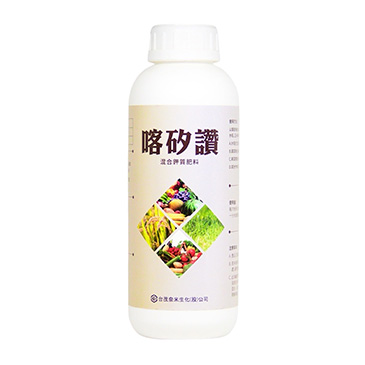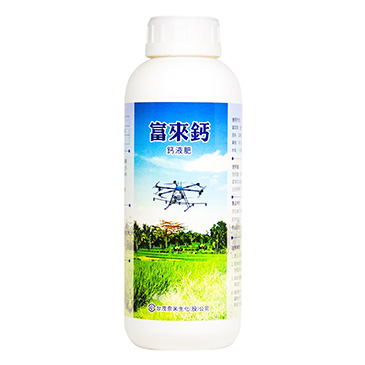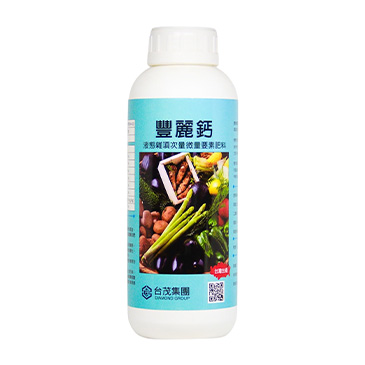Liquid fertilizer with secondary nutrients
Description
Why Use Secondary and Micronutrient Fertilizers? (Calcium Magnesium Fertilizers, Micronutrient Fertilizers)
1. Barrel Theory (Rational Fertilization)
-
The barrel theory, proposed by the German agronomist Liebig, is commonly used to explain the principle of rational fertilization. The core idea of this theory is that plant growth depends on having a complete range of nutrients. No matter how abundant other nutrients may be, if one nutrient is deficient, it will act like the shortest plank in a barrel, limiting overall growth. Therefore, fertilization must consider a balance of all nutrients, as the lack of any one nutrient can lead to poor plant growth.
-
The importance of rational fertilization lies in the fact that over-fertilization or imbalance in fertilization can lead to soil compaction or pollution, and may even harm the plants. The barrel theory emphasizes that fertilization should be based on the plant's actual needs and nutrients should be scientifically managed to achieve optimal growth.
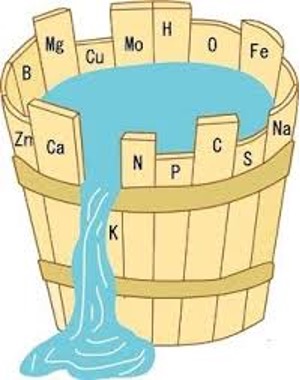 (From Sustainable Soils, LLC)
(From Sustainable Soils, LLC)
2. Effects of Calcium and Silicon on Plants
-
Effects of Calcium: Calcium is an essential secondary nutrient for plant growth, crucial for the formation and structural stability of the cell wall. Calcium promotes cell division and expansion, strengthens the plant's cell walls, thereby enhancing its resistance to diseases. Additionally, calcium helps in root development and improves the plant's ability to absorb water and other nutrients. Plants deficient in calcium often show symptoms such as poor apical growth, curled leaves, and fruit rot.
-
Effects of Silicon: Silicon is considered a “functional nutrient” for plants, enhancing the strength of cell walls and increasing the plant's tolerance to environmental stresses such as diseases, drought, and high temperatures. Silicon also boosts a plant's resistance to heavy metal toxicity and helps improve photosynthetic efficiency, ultimately improving yield and quality. Silicon fertilizers are especially suitable for crops like rice, where they enhance resistance to pests and diseases. Silicon has recently been classified as a “biostimulant,” and Diamond Quantum is actively researching and developing products in this area.
3. Advantages of Nanotechnology
Nanotechnology is increasingly applied in agriculture, with particle sizes ranging from 1 to 100 nanometers, offering unique advantages:
-
Increased Absorption Efficiency: Nanofertilizer particles are very small, allowing them to penetrate the plant's epidermis or enter the roots more effectively, increasing nutrient uptake efficiency and reducing nutrient loss.
-
Controlled Nutrient Release: The structure of nanofertilizers can be designed for slow-release, allowing nutrients to be gradually supplied over time, preventing wastage or environmental pollution from excessive nutrient supply in a short period.
-
Enhanced Stress Resistance: Nanotechnology can improve a plant's adaptability to environmental stresses (such as drought and high temperatures), further enhancing crop yields and quality.
- Stronger Environmental Protection: Because nanotechnology provides more precise nutrient delivery, it allows for more rational fertilization, reducing the environmental impact caused by overuse of fertilizers
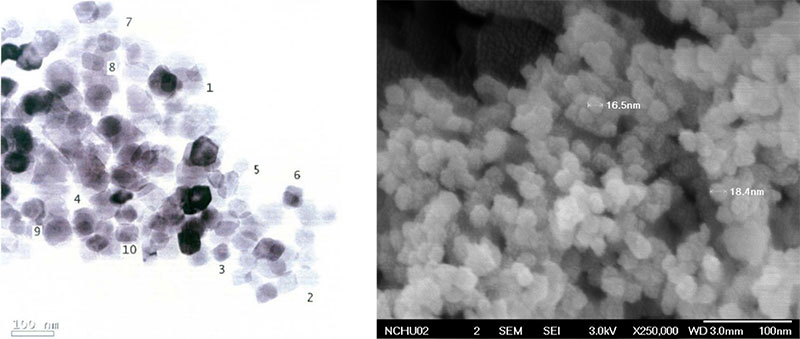
(Left image: Nano Calcium Carbonate, Right image: Nano Silicon Dioxide)
4. Benefits of Liquid Fertilizers
Liquid fertilizers offer several advantages over traditional solid fertilizers:
-
Fast Absorption and Results: The nutrients in liquid fertilizers are more readily absorbed by plants, quickly improving soil nutrition, and are particularly effective during the plant's growth period.
-
Even Fertilization: During application, liquid fertilizers disperse more evenly, ensuring that each plant receives adequate nutrients and preventing poor growth due to uneven fertilization.
-
High Flexibility in Adjustment: Liquid fertilizers can be tailored to the needs of different crops and their growth stages, providing more precise nutrient management to meet specific growth conditions.
-
Soil Quality Improvement: Liquid fertilizers can also enhance soil moisture retention and improve soil structure, making them particularly suitable for long-term cultivation and soil improvement.
Diamond Quantum's liquid fertilizers provide balanced fertilization, with calcium and silicon elements demonstrating outstanding performance in enhancing plant health and resistance. The use of nanotechnology in their manufacturing process increases fertilizer absorption efficiency, making it a highlight of modern agricultural technology. The fast absorption and uniform fertilization features of liquid fertilizers offer farmers a flexible and efficient way to manage nutrients, helping promote healthy plant growth and increase yields.
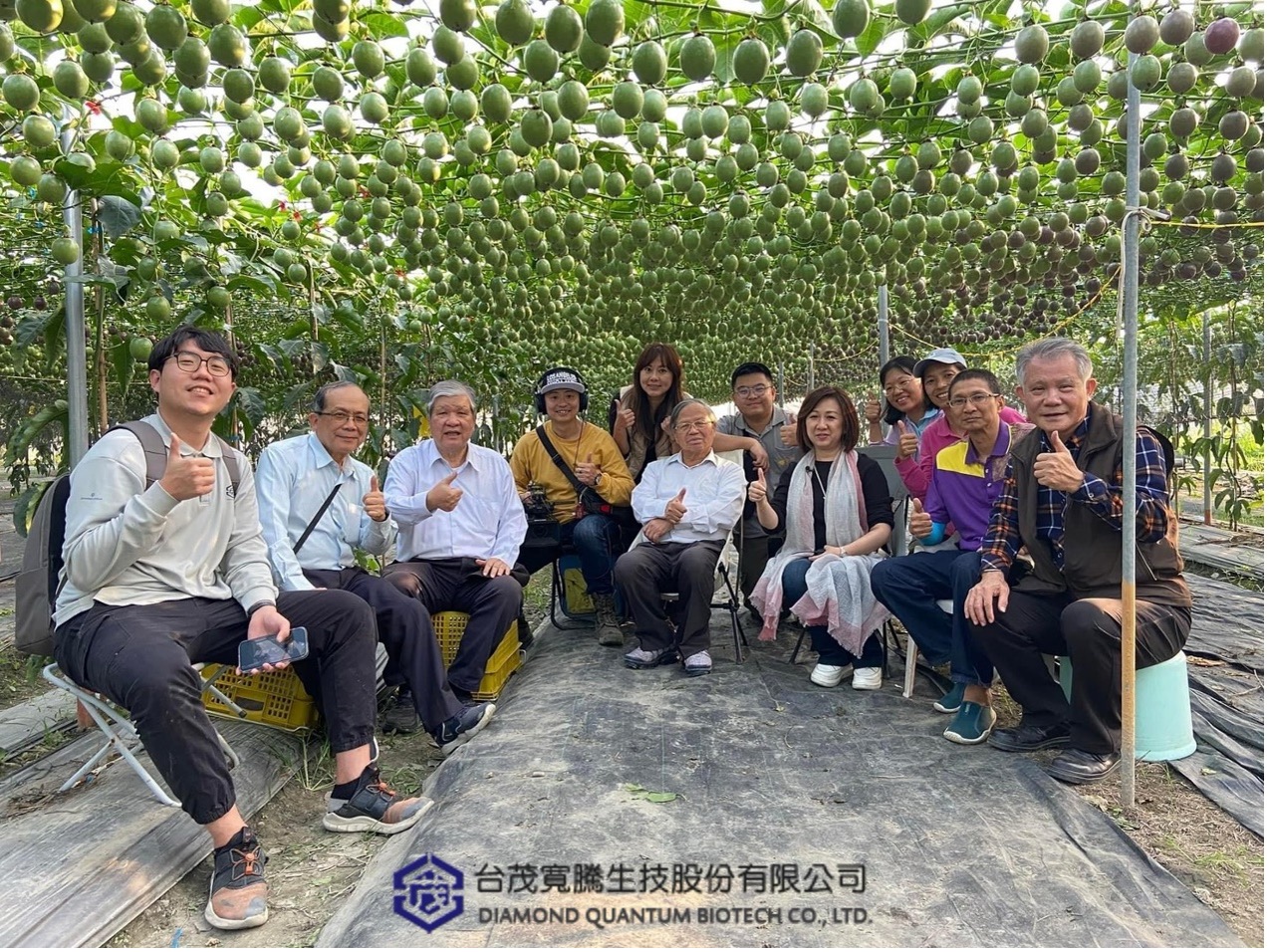
Products:
-
Meily Calcium
-
Goodly Calcium
-
Fully Calcium
-
Fly Calcium
-
Si Pro


